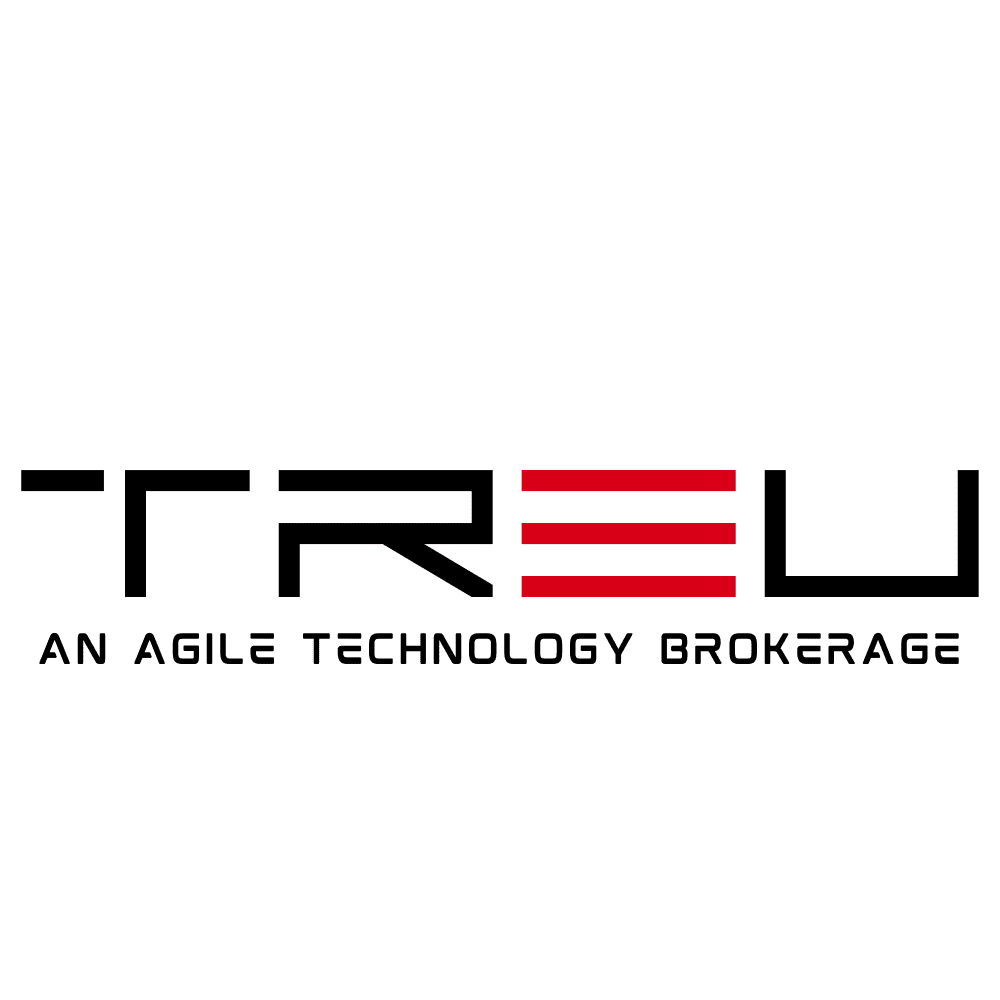Harnessing Agentic AI to Transform the Future of Business
The rapid evolution of artificial intelligence (AI) has given rise to a groundbreaking subfield—Agentic AI. Unlike traditional AI models that require strict human direction or intervention, Agentic AI thrives on autonomy and goal-oriented behavior. As this technology matures, it holds the potential to reshape the very fabric of modern business operations. In this article, we explore what Agentic AI is, how it differs from current AI paradigms, and the transformative value it can bring across industries.
What is Agentic AI?
At its core, Agentic AI refers to intelligent systems capable of independent decision-making, planning, and execution. These systems are designed to operate based on a defined objective rather than executing isolated tasks. Unlike conventional AI—known for its ability to analyze data, recognize patterns, or process language—Agentic AI systems possess the agility to function as “autonomous agents” within dynamic and complex environments.
Key Characteristics of Agentic AI
What sets Agentic AI apart is its ability to think holistically and act purposefully. Here are the core traits defining this next-generation intelligence:
- Autonomy: Agentic AI reduces the need for constant human oversight, making its own decisions within set boundaries.
- Proactivity: These systems do not wait for commands; they anticipate needs, seek solutions, and act on opportunities.
- Goal-Driven: Agentic systems are designed with an end-goal and will reconfigure plans dynamically to achieve that goal.
- Capacity for Collaboration: Agentic AI can coordinate effectively with both humans and other agents to achieve multi-faceted objectives.
Business Transformation through Agentic AI
As leadership teams embark on digital transformation initiatives, Agentic AI offers a leap in functionality and efficiency that transcends previous automation or analytics capabilities. By leveraging Agentic systems, businesses can unlock new levels of value creation across functions—from customer service to supply chain optimization and innovation management.
1. Enhancing Operational Efficiency
Manufacturers, logistics providers, and energy firms are already exploring how Agentic AI can automate end-to-end workflows. These agents can monitor real-time data streams, identify operational inefficiencies, and take corrective actions without waiting for human input.
For example, in asset-intensive industries, Agentic AI agents could:
- Perform predictive maintenance by identifying patterns that precede equipment failure
- Trigger supply chain adjustments based on real-time inventory and demand signals
- Initiate procurement or workforce shifts based on AI-driven forecasting models
2. Supercharging Innovation and R&D
Agentic AI can also catalyze innovation by acting as an autonomous research assistant. These agents can scan vast repositories of academic and commercial research, simulate alternative solutions, and even map out commercial pathways to scale. Instead of requiring a manual push at every step, businesses can utilize agents to drive an entire research lifecycle—from hypothesis generation to concept testing.
3. Revolutionizing Customer Experience
Customer engagement is undergoing a seismic shift with the integration of AI-powered virtual agents. Agentic AI takes this further. Rather than offering canned responses or static decision trees, these agents understand context, learn from customer behavior over time, and adapt their strategy to strengthen customer relationships.
Practical applications include:
- Hyper-personalized customer journeys that evolve with each interaction
- Cross-channel consistency powered by autonomous AI agents coordinating across platforms
- Real-time issue resolution by proactively identifying and addressing customer pain points
Building Trust and Governance for Agentic AI
With the rise of Agentic AI, trust, transparency, and governance become even more critical. Businesses need safeguards that provide control and accountability without compromising the autonomy that powers these systems. A robust set of ethical principles and technological guardrails should include:
- Clear goal constraints to guide agent behavior within approved business objectives
- Transparent decision logs that allow human audit of AI-led decisions
- Fail-safe mechanisms in place to detect and correct anomalies
- Continuous monitoring to ensure alignment with commercial and regulatory frameworks
Furthermore, organizations must emphasize AI literacy within teams to foster collaboration between humans and intelligent agents. This will enable a symbiotic relationship where AI learns from people—and vice versa.
How to Get Started: A Phased Approach to Agentic AI
Deploying Agentic AI is not a one-size-fits-all initiative. Businesses should map out a staged adoption strategy that emphasizes pilot testing, continuous learning, and value realization. Here’s how to begin:
1. Identify Strategic Use Cases
Start with high-impact areas such as operations, supply chain, or customer experience. Evaluate where autonomous decision-making would generate measurable returns.
2. Build Foundational Capabilities
Invest in the tools, data infrastructure, and governance frameworks needed to support Agentic systems. This includes cloud AI platforms, data pipes, and role-specific access control.
3. Pilot and Iterate
Launch a pilot in a controlled environment. Monitor outcomes, learn from interactions, and refine the AI agents before full-scale deployment.
4. Scale with Confidence
Expand applications across business units once governance protocols are tested and the infrastructure has proven scalable.
The Road Ahead: Toward a Future Powered by Agentic Intelligence
We are on the cusp of a new AI-driven era—where software agents can not only think and act but also evolve. As Agentic AI continues to advance, businesses that invest early will gain a significant competitive advantage. These organizations will be characterized by their ability to:
- Orchestrate real-time decision-making at scale
- Maximize resource efficiency through intelligent, autonomous systems
- Drive innovation faster than their competition
- Deliver exceptional, adaptive customer experiences
Agentic AI is not just another technology trend—it represents a paradigm shift in how businesses operate, evolve, and compete. By embracing this advancement today, forward-thinking organizations can future-proof their strategies and redefine what’s possible in tomorrow’s economy.
Conclusion
The rise of Agentic AI signals a historic inflection point in business evolution. As intelligent agents become more integrated into enterprise environments, they offer unprecedented opportunities for operational efficiency, customer centricity, and strategic innovation. Nonetheless, with great autonomy comes even greater responsibility. Businesses must invest in the right infrastructure, ethics, and education to fully harness the transformative power of Agentic AI.
Are you ready to unlock a future where machines act with purpose, not just intelligence? The race toward Agentic AI has already begun—make sure you’re not watching from the sidelines.

